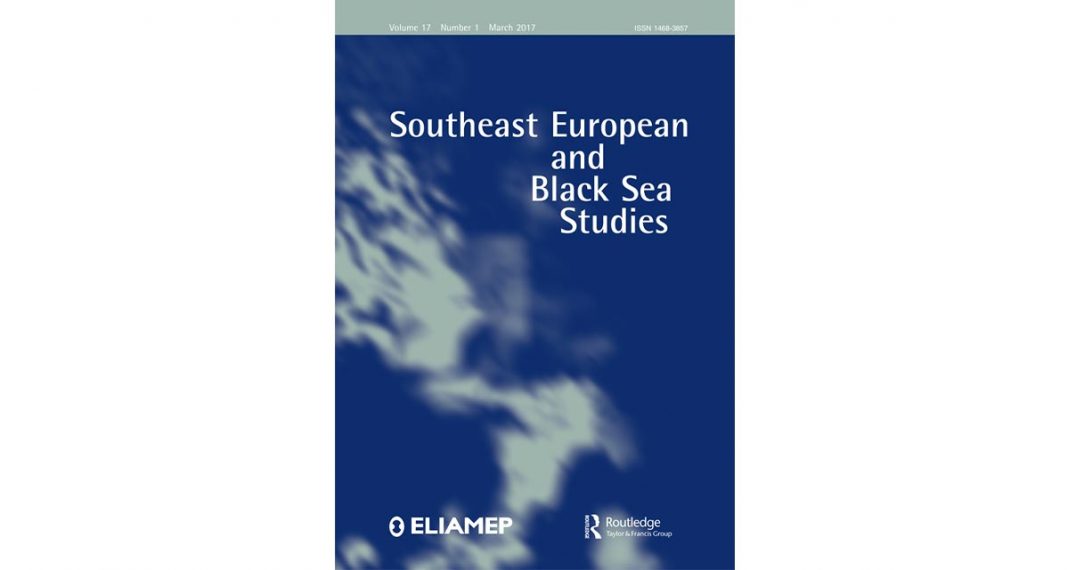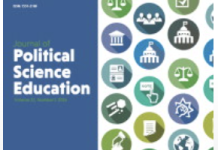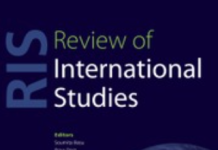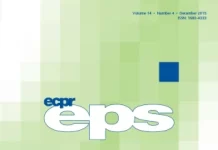In the wake of the 2010 Belgrade Pride Parade, right-wing extremists portrayed the event as a threat to public morals, while liberals framed homophobia as a threat to democracy. While these moves managed to polarize and mobilize the public, the government didn’t heed their calls to adopt extraordinary measures. The Parade took place on 10 October and the extremists organized unchecked violent counter-demonstrations. By drawing on Securitization Theory, we triangulate content and discourse analysis to understand why these securitizing moves had a low success. Our analysis shows that although both moves followed the grammar of security, they were only partially embedded into the wider discursive context and were not enunciated by securitizing actors with strong positional power.
Link: https://www.tandfonline.com/doi/full/10.1080/14683857.2016.1225370?casa_token=3-gcjdR4zF0AAAAA%3A3cHOZXaAlcnWTZZICYrQgVR7Fe2qdI30RqGAy3fBFAST7wnQP2z5ewUP1KbQZ40LQxdvMu5_vmBv




